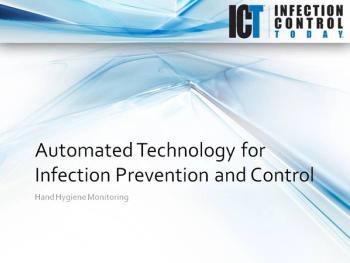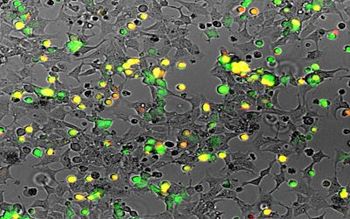
News














Kaposis sarcoma-associated herpesvirus (KSHV) and Epstein-Barr virus (EBV) hide within the worldwide human population. While dormant in the vast majority of those infected, these active herpesviruses can develop into several forms of cancer. In an effort to understand and eventually develop treatments for these viruses, researchers at the University of North Carolina have identified a family of human genes known as Tousled-like kinases (TLKs) that play a key role in the suppression and activation of these viruses.








The Centers for Disease Control and Prevention (CDC) recommends placement of patients with a history of methicillin-resistant Staphylococcus aureus (MRSA) and/or vancomycin-resistant enterococcus (VRE) colonization on contact precautions (CP). However, without national guidelines to advise on if or when contact precautions should may be discontinued, hospitals are left to determine for themselves when to remove patients from isolation, if at all.

Imagine walking into your doctors office, after being evaluated, you wait anxiously for the physician to return with their magic prescription pad that will no doubt conjure up some new super antibiotic to cure all that ails you. After all, youre not so concerned with the how or why you got sick, as you are with receiving the instant gratification from whatever drug is going to make you feel better.





